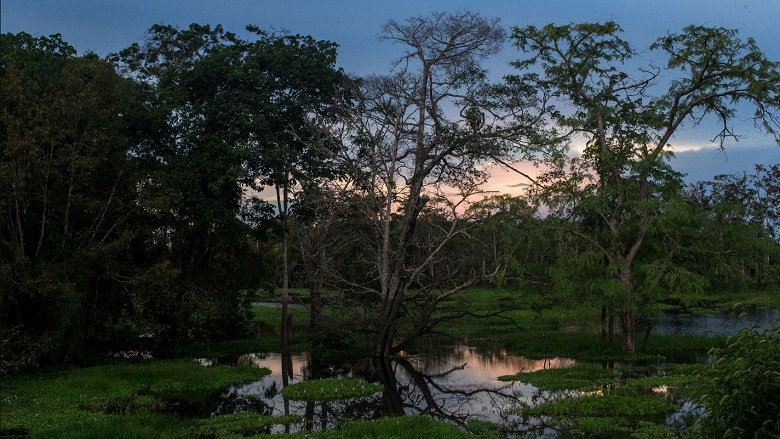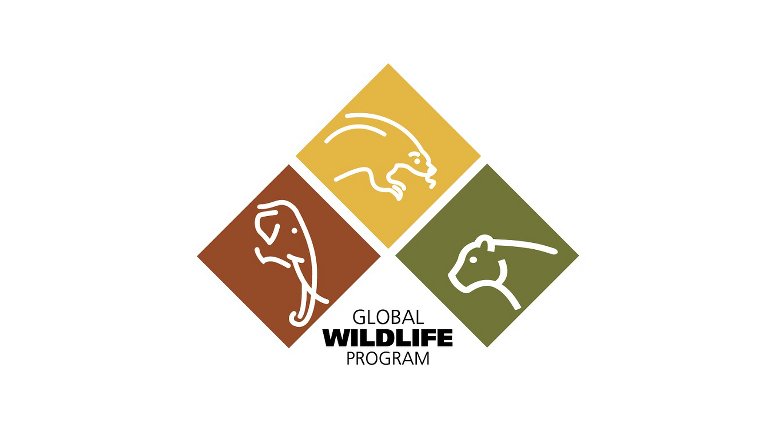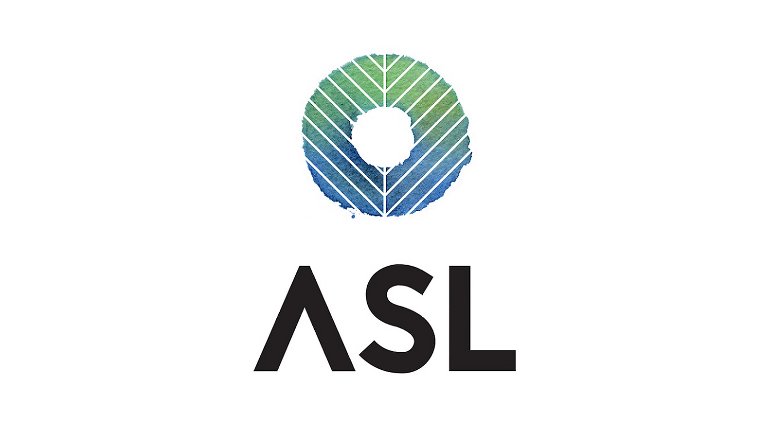This session focused on implementation of connectivity conservation across projects, sites, and landscapes, with a focus on management plans. Case studies from ASL, GWP, and beyond were included in the session to showcase best management practices
The workshop brought together 78 participants from 28 countries where they were able to:
- Learn more about the adaptive management cycle in connectivity components of projects.
- Understand different types of management and monitoring approaches from case study presentations.
- Discuss and brainstorm key components in management plans, monitoring efforts, and management actions.
Key takeaways
On the adaptive management cycle:
- Adaptive management of corridors is the integration of research in design and management, so that actions are monitored during implementation, and depending on their success, can be adapted to obtain the desired results.
- The conservation standards for the practice of conservation provide best practices for successful implementation of conservation projects, through a five-step adaptive management cycle: 1) assess, 2) plan, 3) implement, 4) analyze & adapt, and 5) share.
On the Bio-corridors for Living Well, Small Grants Program in Ecuador (SGP, GEF, and UNDP):
- Stakeholder articulation and community participation (the “bio-network”) is at the core of the management model in each of the bio-corridors in the Program.
- The monitoring, accompaniment, and technical assistance system (SIMONNA) supports participating organizations and ensures continuous flows of information for knowledge management.
On characterizing, managing, and monitoring multi-use tiger corridor in India:
- The Coalition for Wildlife Corridors has been working at a national scale towards strengthening connectivity planning and corridor management to ensure continued wildlife movement among Tiger Reserves in India. It has also generated profiles for the multi-species corridors, which include actionable recommendations, and are uploaded in the publicly accessible data portal corridorcoalition.org.
- These detailed reports on the status of corridors include information on habitat quality, species richness, and the area with legal protection. Connectivity indicators that characterize structural and functional connectivity of individual protected areas and the entire landscape are generated that can inform management at the local and landscape level.
On governance for Jaguar Conservation – Yari and Guaviare Savannas in Colombia (from ASL Sustainable Amazon for Peace Project):
- The Socio-ecological Governance Networks are key to the corridor management in the Yari and Guaviare Savannas in Colombia.
- Sustainable productive landscapes and agreements with families and farmers help strengthen jaguar corridors in this region.
- Technical assistance to improve human-jaguar and cattle-jaguar coexistence and to enhance productive systems is provided through study tours and farmer-to-farmer knowledge exchanges.
- Wildlife Insights is used for photo-trapping monitoring.


